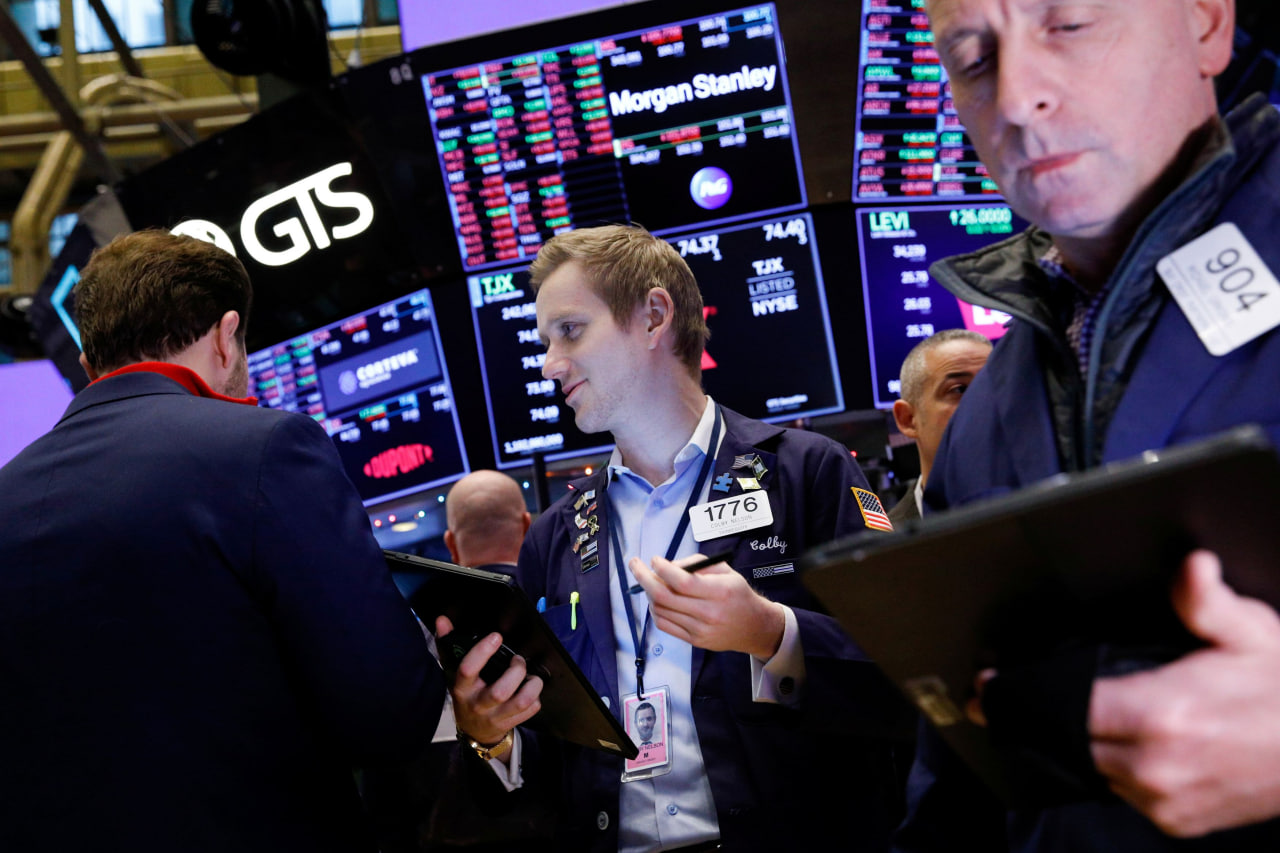Eurozone Interest Rates: A Deep Dive into Monetary Policy's Tightrope Walk (Meta Description: Eurozone interest rates, ECB monetary policy, inflation, economic growth, recession risk, quantitative tightening, monetary transmission mechanism, interest rate hikes, European Central Bank)
Intrigued by the whispers of a looming recession, yet fascinated by the intricate dance of monetary policy? Buckle up, because we're about to embark on a journey into the heart of the Eurozone's economic engine. The recent statement by ECB Governing Council member, Mr. Centeno, declaring Eurozone interest rates "restrictive," has sent ripples through the financial markets. But what does this really mean? Is it a harbinger of doom, a cautious step towards stability, or something else entirely? This isn't just another dry economics lecture; it's an exploration of the real-world implications of these decisions, interwoven with insights gleaned from years of observing the intricate workings of the European Central Bank (ECB) and the forces shaping the continent's economic destiny. We'll unpack the complexities of monetary policy, dissect the nuances of inflation control, and examine the potential consequences – both positive and negative – of the ECB's current strategy. Forget the jargon-laden academic papers; we're going straight to the source, providing a clear, concise, and engaging analysis that's both informative and accessible. Prepare to become a more informed citizen, capable of understanding and even predicting the economic currents that shape your world. So, whether you're a seasoned investor, a curious student, or simply someone interested in understanding the economic forces shaping our future, this is your chance to get a front-row seat to the fascinating drama unfolding in the heart of Europe. Let's dive in!
Eurozone Interest Rates: The Current Landscape
Mr. Centeno's statement, while seemingly simple, reveals a complex situation. The ECB, tasked with maintaining price stability throughout the Eurozone, faces a delicate balancing act. Inflation, stubbornly high for far too long, demands aggressive action. However, hiking interest rates too aggressively risks triggering a significant economic slowdown, potentially tipping the Eurozone into a recession. This is a classic example of the "inflation vs. recession" trade-off that central bankers grapple with constantly. It's a tightrope walk – one wrong step could send the whole system tumbling.
The current restrictive interest rate environment isn't simply about the headline rate; it's a multifaceted approach. Quantitative tightening (QT), where the ECB reduces its balance sheet by allowing bonds to mature without reinvesting, further adds to the restrictive monetary stance. This reduces the money supply, further dampening inflationary pressures. Think of it as gradually draining the pool, slowly reducing the overall liquidity in the system.
Moreover, the transmission mechanism – the process by which interest rate changes impact the economy – is far from perfect. The impact of rate hikes varies across different sectors and countries within the Eurozone. Some economies might be more sensitive than others, leading to uneven consequences. This complexity adds another layer of challenge for the ECB policymakers.
Understanding the Impact of Interest Rate Hikes
Interest rate hikes, while seemingly straightforward, have a ripple effect throughout the economy. Here's a breakdown:
- Borrowing Costs: Higher interest rates make borrowing more expensive for businesses and consumers, impacting investment and spending decisions. Fewer loans mean less money circulating, slowing down economic activity.
- Savings Rates: Higher rates incentivize saving, as returns on savings accounts and other deposits become more attractive. This can lead to reduced spending, further contributing to economic slowdown.
- Exchange Rates: Higher interest rates can attract foreign investment, strengthening the Euro. This can benefit some sectors, but it can also hinder exports by making Eurozone goods more expensive for international buyers.
- Inflation Control: The primary goal of interest rate hikes is to curb inflation by reducing demand. By making borrowing and spending more expensive, it aims to cool down an overheated economy. This, however, is a slow-burn process and not always guaranteed to succeed.
| Factor | Impact of Interest Rate Hike | Potential Negative Consequence |
|----------------------|-----------------------------|-------------------------------------------------|
| Borrowing Costs | Increased | Reduced investment, lower consumption, job losses |
| Savings Rates | Increased | Reduced spending, slower economic growth |
| Exchange Rates | Euro strengthens | Reduced exports, potential trade imbalances |
| Inflation Control | Potential decrease | Recession, high unemployment |
The Human Cost: Beyond the Numbers
While economic models and data points are crucial, it's vital to remember the human cost of these policies. Job losses, reduced investment, and economic uncertainty can have a profound impact on individuals and families. The ECB's decisions aren't made in a vacuum; they directly affect the lives of millions of people across the Eurozone. This responsibility weighs heavily on the shoulders of policymakers.
The ECB's Tightrope Walk: Balancing Act Between Inflation and Recession
The ECB's current strategy is a calculated gamble. They are attempting to tame inflation without triggering a severe recession. The challenge lies in finding the "sweet spot" – a level of restrictive monetary policy that effectively cools inflation without inflicting undue damage on the economy. This is a complex task, made even more challenging by the geopolitical uncertainties and global economic headwinds.
Navigating the Uncertainties
The ECB's decision-making process is complicated by numerous external factors:
- Geopolitical risks: The ongoing war in Ukraine, energy price volatility, and global supply chain disruptions all contribute to uncertainty and complicate the economic outlook. These factors are beyond the ECB's direct control, yet they significantly influence its actions.
- Global economic slowdown: A potential global recession could further complicate the situation, putting additional pressure on the Eurozone economy. The interconnected nature of global finance means that what happens elsewhere directly impacts the Eurozone.
- Heterogeneity within the Eurozone: The Eurozone comprises diverse economies with varying levels of resilience and vulnerability. A one-size-fits-all monetary policy might not be suitable for all member states, leading to uneven economic outcomes.
Frequently Asked Questions (FAQ)
Q1: What does "restrictive interest rate policy" mean in simple terms?
A1: It means the ECB is making borrowing money more expensive to slow down economic activity and reduce inflation. Think of it like tightening the reins on the economy.
Q2: Why doesn't the ECB just lower interest rates to boost the economy?
A2: Lowering rates now would likely exacerbate inflation, which is the ECB's primary mandate. Fighting inflation is the priority, even if it means risking slower economic growth.
Q3: How long will these high interest rates last?
A3: Nobody knows for sure. The duration depends on how quickly inflation falls and the overall state of the Eurozone economy. The ECB will continuously assess the situation and adjust its policy accordingly.
Q4: What are the potential consequences of a recession in the Eurozone?
A4: A recession would mean slower economic growth, job losses, reduced consumer spending, and potentially social unrest. The impact would vary across the Eurozone, with some countries more vulnerable than others.
Q5: Is the ECB doing enough to combat inflation?
A5: This is a matter of ongoing debate among economists and policymakers. Some argue the ECB should have acted more aggressively sooner, while others warn against overly aggressive measures.
Q6: What can individuals do to protect themselves from economic uncertainty?
A6: Diversify investments, build an emergency fund, pay down debt, and stay informed about economic developments. This proactive approach can help mitigate the impact of economic downturns.
Conclusion: A Constant Balancing Act
The Eurozone's economic journey is a continuous balancing act. The ECB’s decision to maintain restrictive interest rates underscores the complexity of navigating inflation and growth simultaneously. While the current approach carries risks, it represents a calculated strategy aimed at bringing inflation under control while minimizing the potential for a severe recession. The coming months will be critical in determining the effectiveness of this strategy and its lasting impact on the Eurozone economy. The human cost must remain at the forefront of the ECB's considerations as they continue this precarious journey. This isn't just about numbers; it's about the lives and livelihoods of millions. The ongoing saga of the Eurozone's economic policy continues, and the next chapter remains to be written.



